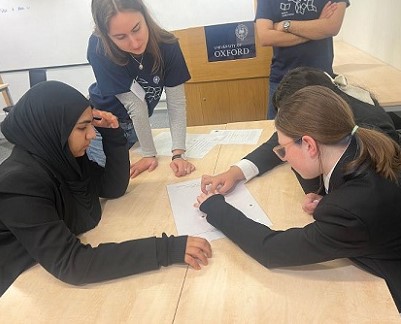Birmingham Muslims planning to travel to Saudi Arabia for the annual Hajj pilgrimage have been urged to check the latest health advice before booking trips. The pilgrimage to Mecca is expected to fall between September 21-26 and traditionally many people begin making travel plans during the holy month of Ramadan.
Public Health England (PHE) and the National Travel Health Network and Centre (NaTHNaC) have issued updated advice for all pilgrims, particularly in the light of the on-going cases of Middle-East Respiratory Syndrome coronavirus (MERS-CoV).
And although PHE and NaTHNaC do not currently advise any travel restrictions to Saudi Arabia in relation to MERS-CoV, the Ministry of Health in Saudi Arabia has recommended that the following groups postpone the performance of the Hajj and Umrah this year for their own safety:
- Older people (over 65 years of age)
- those with chronic diseases (such as heart, kidney or respiratory disease, diabetes), immune deficiency, cancer and terminal illnesses)
- pregnant women and children under 12 years of age
Birmingham Director of Public Health, Dr Adrian Phillips, said: “Although there have only been a relatively small number of confirmed MERS-CoV cases worldwide, the Saudi Arabian Ministry of Health has advised vulnerable people and children who may have been planning to travel to the Middle East to perform the Hajj or Umrah to postpone their pilgrimage.
“Other people should continue with their plans but follow the specific guidance on the Hajj and Umrah, and other general advice about staying safe and healthy when travelling."
Dr Richard Pebody, head of respiratory diseases at PHE added: "There is growing evidence of the possible role of camels in transmitting MERS-CoV to humans. We advise travellers, particularly those with underlying or chronic medical conditions, to avoid contact with camels in the Middle East and practise good hand and respiratory hygiene to reduce the risk of respiratory illnesses.
"Pilgrims returning from Hajj and Umrah with flu-like symptoms including fever and cough, or shortness of breath within 14 days of being in the Middle East, should contact their GP immediately and inform them of their travel."
MERS-CoV is a type of coronavirus, first identified in a Middle Eastern citizen in 2012. Although cases continue to be reported from the Middle East, no new cases of MERS have been detected in the UK since the cases linked to the Middle East in February 2013.
As of 31 May 2015, the Kingdom Of Saudi Arabia has reported 1,149 cases of MERS, including 431 deaths, occurring mainly among residents. The risk to most travellers is still considered to be very low. The World Health Organization (WHO) does not currently advise any travel restrictions to the Kingdom of Saudi Arabia in relation to MERS.
















